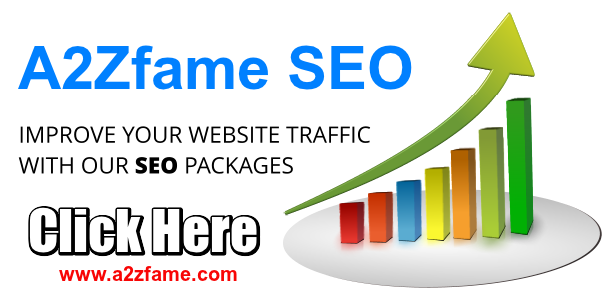Businesses rely on online presence and one way of achieving this is through Facebook. Getting Facebook page indexed in Google can be a challenge. Your website can have its own brandable logo so your customers recognize it right away rather than the Facebook logo being the first thing they see. Never underestimate the power of having your own .com domain address and logo. A professional looking website will create an aura of credibility with your website users and potential customers.
One of the coolest features of fan pages is that you can have an unlimited number of fans or "Likes". Your personal profile limits you to 5,000 friends which is usually more than enough for most people but it isn't nearly enough for most businesses.
By using a Facebook page, you cannot fully brand your page as your own. Your page still has the Facebook logo and colors all over it. Of course, you can do your best to brand it as your own, but the amount of time and heavy customization that would need to go into this process could be used to build out your own branded website with your company domain name and your company colors. Your domain name will contain Facebook in it instead of your own company domain name for example. Also, if you are looking for brand and logo recognition, you will never get it with a Facebook page.
Here's a quick example: Title: Facebook fan page name Meta Description: FB fan page name & About page Try including Facebook fan page name in your H1, H2 tags. Of course, this is not to say that Facebook pages are useless. In fact, they can be very useful as a compliment to your company website. By linking to your Facebook page from your website, you can drive users to your page and you can communicate with them through the social networking features which Facebook provides. It is highly recommended to have a Facebook page in conjunction with your website.
These brief set of guidelines work across all Social media platforms including, Linked in, YouTube and Twitter, they all benefit from the use of keywords and key phrases , H1, H2 tags, inbound and outbound links. Don't forget to promote your websites through all of these sources. That pretty much wraps us up for getting Facebook page indexed in Google and other search engines. I really hope this short guide has helped. If you have any questions then please fire away.
One of the coolest features of fan pages is that you can have an unlimited number of fans or "Likes". Your personal profile limits you to 5,000 friends which is usually more than enough for most people but it isn't nearly enough for most businesses.
By using a Facebook page, you cannot fully brand your page as your own. Your page still has the Facebook logo and colors all over it. Of course, you can do your best to brand it as your own, but the amount of time and heavy customization that would need to go into this process could be used to build out your own branded website with your company domain name and your company colors. Your domain name will contain Facebook in it instead of your own company domain name for example. Also, if you are looking for brand and logo recognition, you will never get it with a Facebook page.
Here's a quick example: Title: Facebook fan page name Meta Description: FB fan page name & About page Try including Facebook fan page name in your H1, H2 tags. Of course, this is not to say that Facebook pages are useless. In fact, they can be very useful as a compliment to your company website. By linking to your Facebook page from your website, you can drive users to your page and you can communicate with them through the social networking features which Facebook provides. It is highly recommended to have a Facebook page in conjunction with your website.
These brief set of guidelines work across all Social media platforms including, Linked in, YouTube and Twitter, they all benefit from the use of keywords and key phrases , H1, H2 tags, inbound and outbound links. Don't forget to promote your websites through all of these sources. That pretty much wraps us up for getting Facebook page indexed in Google and other search engines. I really hope this short guide has helped. If you have any questions then please fire away.

0 comments:
Post a Comment